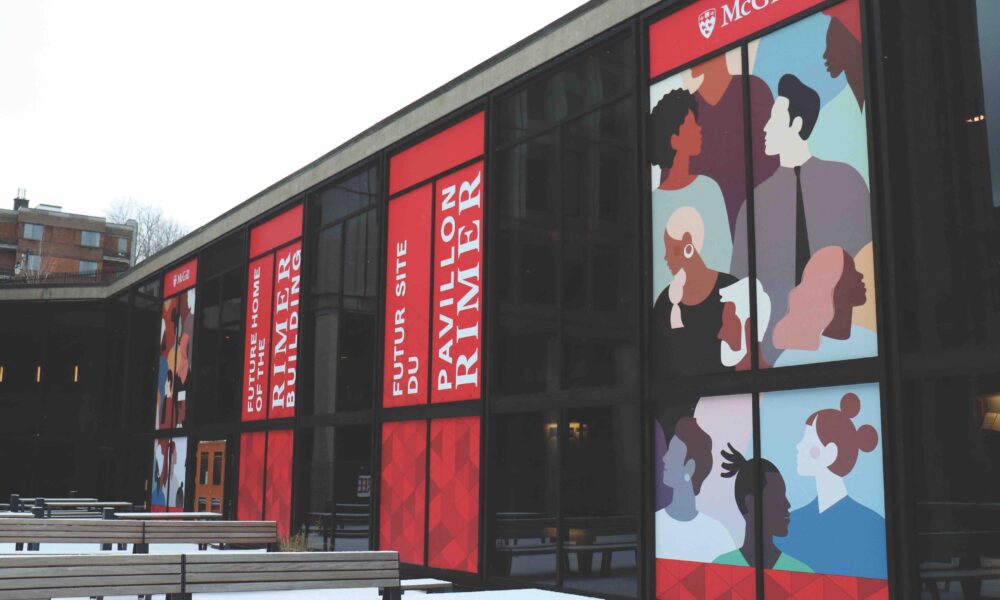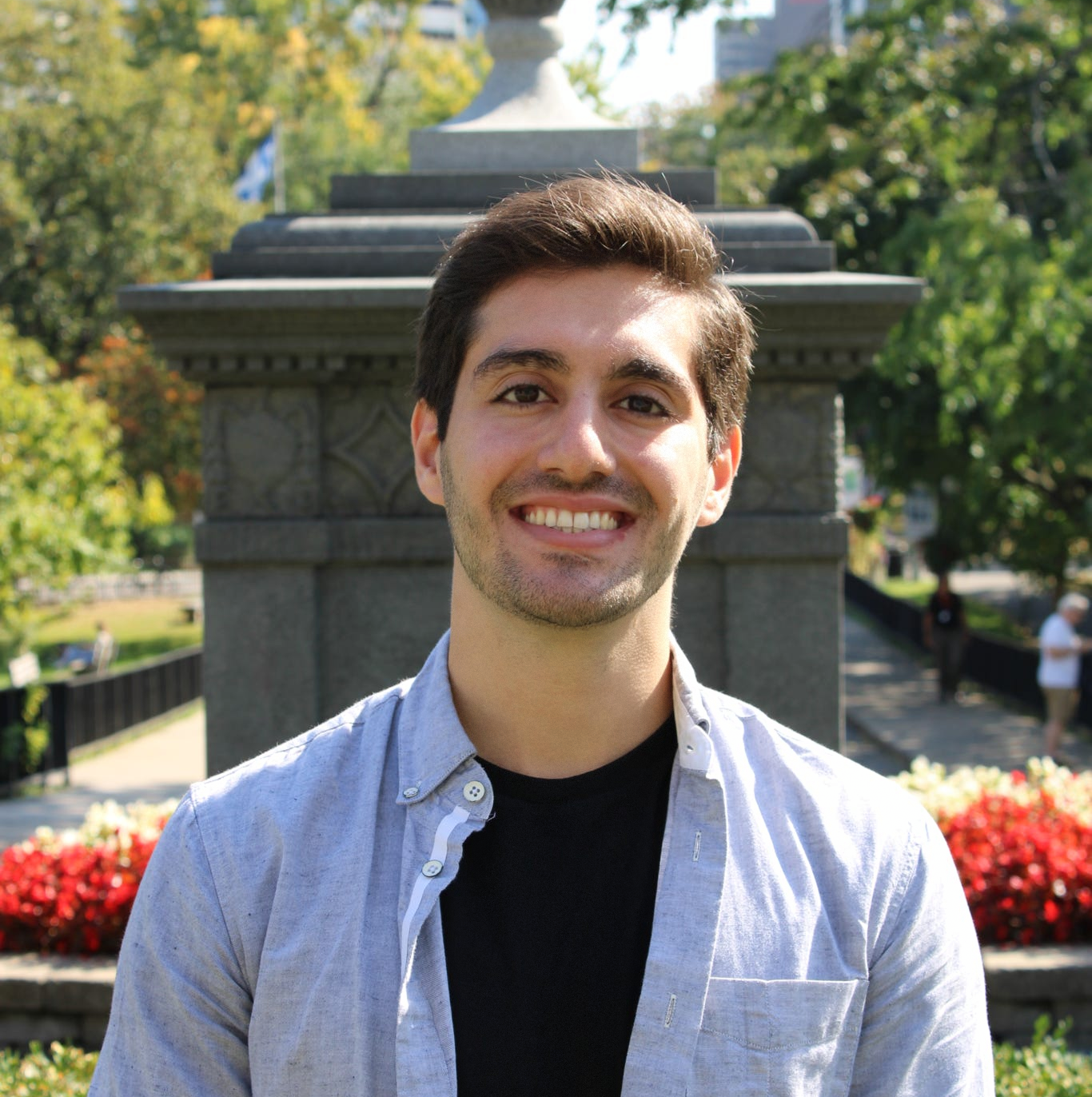McGill announced on Nov. 27 that Gerald Rimer, BCom ’56, and his three sons, Daniel, David, and Neil Rimer, made a $13-million donation to the university that will go toward renovating the Leacock building and creating a new Institute for Indigenous Research and Knowledge (IIRK). This is not the family’s first donation to the university; in 2012, Gerald Rimer established the Judie Rimer Entrance Scholarship and, in 2017, he contributed to the renovations of the Armstrong Building.
The Stephen Leacock building was built in 1965, and while there are ongoing structural renovations for improved water drainage and facade improvements, little else has changed since its original construction. Ten million dollars of the most recent donation will be dedicated to Leacock’s renovations, including the addition of central areas with more natural light and improved building accessibility. This portion of the donation does not cover all the costs of the renovations, so McGill will continue to seek additional funds for completing the project. According to Frédérique Mazerolle, a McGill media relations officer, the building’s planned upgrades will be completed by 2027.
“The building renovation project will entail a variety of improvements,” Mazerolle wrote in an email to The McGill Tribune. “[These] include more natural light in the central areas of the building, improved acoustics, greater accessibility for students with diverse needs, a more congenial and crowd-friendly lobby, flexible spaces, modern ventilation systems and student spaces for collaborative work.”
Avi Friedman, a professor in the School of Architecture at McGill, believes that the renovations are a much-needed change.
“The building was designed and built with the education methods of the 1960s and 1970s in mind. It does not correspond to the educational needs and environmental challenges of today,” Avi explained. “This work is overdue. It is going to bring the building to today’s standards.”
In 2017, the Provost’s Task Force on Indigenous Studies and Indigenous Education released a report that contained 52 calls to action for improving McGill’s Indigenization and decolonization efforts—one of which included the creation of an institute for Indigenous studies and community engagement.
In an interview with the Tribune, Noelani Arista, member of the Kanaka Maoli people of Hawaii, director of the Indigenous Studies Program, and chief proponent of the IIRK, said that the Institute will have three main focusses: Language, land, and governance. The IIRK will include an Indigenous language lab, an on-site knowledge centre, and a physical location that will serve as the centre for the Indigenous Studies Program.
“Our institute proposal sees itself as filling many of the calls to action of the provost report,” Arista said. “We felt strongly that it was very important to create an academic and disciplinary unit that was dedicated to Indigenous research proper.”
Arista explained that initially, the Rimer family was set to sign off on a $10-million donation. However, in the last hour of the meeting, the family’s sons were introduced to the IIRK team and were so enthusiastic about the organization’s prospects that they added on an additional three-million dollars to support the project.
“When they saw our proposal and listened to our dreams to build this at McGill, they said they wanted the institute and the [language] lab housed in the new Rimer building,” Arista explained. “Because of the funders being a part of the conversation, we got a space, a [language] lab, and a yearly renewed commitment [from McGill].”
Arista explained that while this is a flagship project in Canadian academia, there is still more work to be done on behalf of the university, including providing better communications support for Indigenous professors and students across campus, hiring more senior-level Indigenous professors, and improving Indigenous student recruitment.The building was named after Stephen Leacock, a former McGill professor and popular humorist of the early 20th century. Leacock is also known for his discriminatory views and opinions, such as his opposition to equal rights for women, his disapproval of Asian and Black immigration, and his disparaging of Indigenous cultures. The building’s name will be renamed as the Rimer Building.










Don’t worry. In a few years they will take down the name Rimer from this building (as they did with Leacock) once a bigger donor shows up.
Pingback: The transforming landscape of linguistic diversity - The McGill Tribune